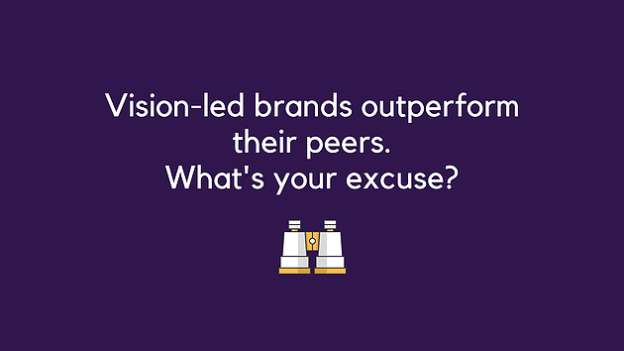Bangalore, Dec 4, 2017
I was fortunate to attend #e4mSouthConclave, the first of e4m’s flagship events in Bangalore and was impressed with the quality of speakers and the well curated event. Given the theme, “How to Make Brands Purposeful” I couldn’t miss it.
Here are my three key takeaways:
1. Great brands solve problems: Mathew Chandy, MD of Duroflex, a mattress company, while deflecting a tough question on ‘What keeps you awake at night’ answered, “Whether sleep will someday become irrelevant.” He then went on to describe the importance of a good night’s sleep and its effect on how we see our lives and impact those of people around us. That’s purpose. It doesn’t have to be complex, overly clever or elusive. Plain and simple will do as long as it responds to our emotional needs as much as our functional ones. Mathew also used cats and the Simpsons in his slides. Bonus points for Mathew.
2. Make the business purposeful, the brand will follow: There are two types of organisations – ones that are business driven and the others that exist to fulfil a role in our lives, beyond the business of wealth creation. When organisations are built around a central principle and have a clear reason to exist, they set a firm foundation for growth – one that is sustainable and scalable. In these instances, brand purpose is central to the business model of the organization and drives a vision that brings people together around shared beliefs. In other instances, when brand purpose is identified as a marketing tactic to tick a box or send a one-off message and create some fuzzy good-will, it back-fires with irreplaceable damage to the brand.
In his talk on ‘Humanising Brands’ Shashi Sinha, CEO of IPG Group delivered a single case study on Amul, its origin as a business, its journey as a brand and role in the lives of farmer communities and the many billions of us who use its products today. Dr.Kurien, the brand’s founder has always been a legend in Indian business case studies. What Shashi also shared was how the company has had a steady relationship with its advertising partner for more than 25 years and is one of its rare clients that sticks to paying a healthy 15% commission. A large part of building your brand is how you behave with your stakeholders. No amount of marketing spend can build a brand without the business living the purpose it wants its brand to stand for.
3. Brand purpose is little understood, but that’s changing:
In India, the concept of brand purpose is still emerging. Brands are still catering to demands from consumers to fulfil functional needs. Corporate Social Responsibility or CSR has become a buzz-word for reputation management consultants to offer as part of an image building exercise. The Companies Act of 2013 that stipulates 2% profits to be used for a company to demonstrate its commitment back to society has made CSR largely a compliance led activity, with lots of meaningless photo-opportunities, award exercises and a new industry for impact measurement and reporting.
I was pleased to see #e4mSouthConclave feature a number of business leaders (beyond just marketing) from brands like Fujitsu, Lenovo, ITC, Xiaomi, Toyota and Indigo. Purpose needs to be led from the top. As markets become more commoditized, the ones that are able to offer people an opportunity to see a better version of themselves through shared values and aspirations, the ones that are able to create shared identity and ways of being, the ones that are able to inspire employees with a bigger sense of purpose – will build more authentic relationships with the people they work with and the communities they operate in. On purpose.

